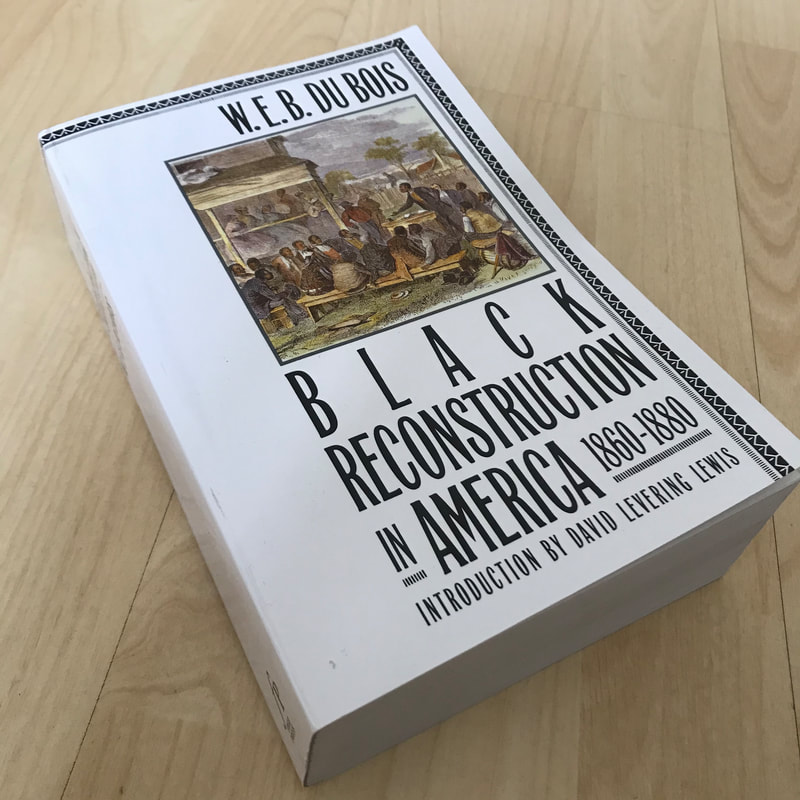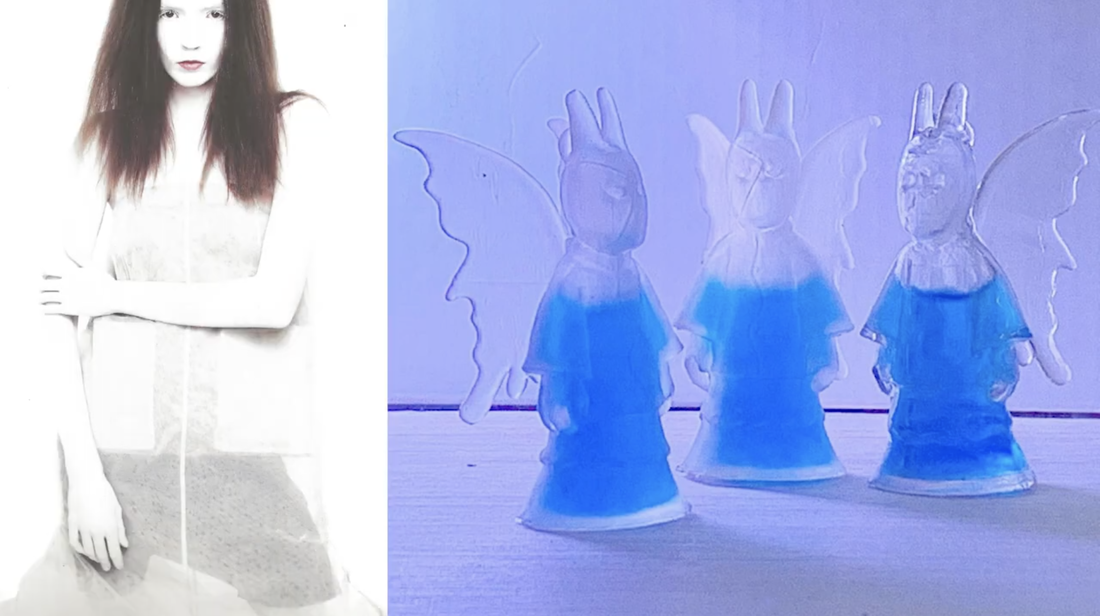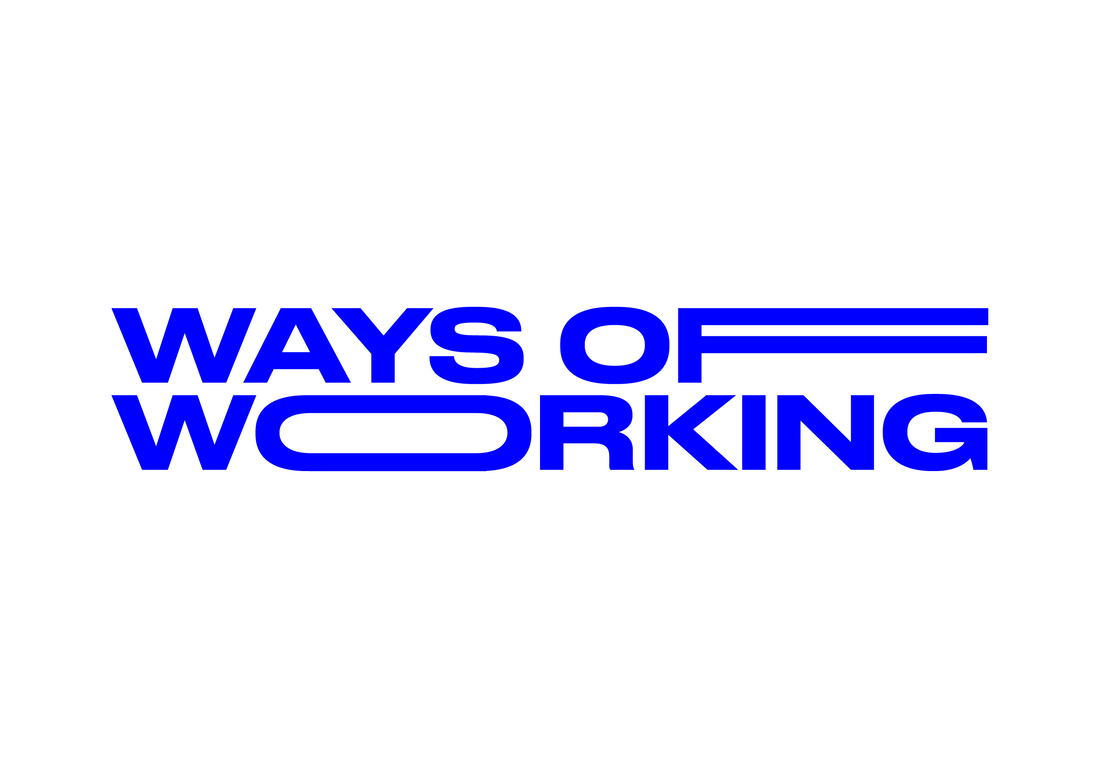|
Hi, this is Dylan Johnstone from the Design for Art Direction course. I think in terms of our responsibility to have a ‘decolonised practice’ within the industry, being an art director and artist is different from a designer in the sense that we’re not necessarily designing practical things or objects for the world to use. To me it is often more about questioning what you’re trying to say with your work / ideas and being able to deconstruct and think critically about what your creating. The task of decolonising is one that, to a certain degree, I feel should be placed on the individual. The more socially and historically informed you are about the world the better you’ll be at conveying authentic narratives and representations, as well as making the right decisions within an industry, allowing it to function more equally for the people in it and for the world it affects. Sometimes, you see examples of companies or organisations setting rules and structures in place that have an intention to decolonise but often when put into practise feel like a fake alternative to doing deeper reflective work that’s required. We’re living in a time when, because of globalisation and the internet, we are seeing examples of cultures being the most easily accessible they have ever been and, because that, easily appropriated. The other day I watched the 2013 Iggy Azalea music video for the song ‘Bounce’, which was filmed in India and features a obvious appropriation of Indian culture. The reason why I find this video relevant as an example is, although having been called out as being offensive / racist, it’s clear that Iggy Azalea and the directors never had the intention to be problematic. The direction of the video came from a place of ignorance and not knowing how, when and by who culture should used in media and art. In a situation like this art direction should be overseen by someone conscious and fully researched in the reference points and surrounding context of the work, something I am trying to improve on and be more aware of as I move forward in my own practise. One thing that I remember we spoke about in one of the DPS decolonising sessions was how as someone working in the industry who’s white/male/straight etc. sometimes it’s good to consider the kind of jobs you except and turn down. Obviously I’m not yet at the level where I’m getting approached for jobs or working in the industry in that sense, but I think it is an important factor in. If you get a brief for a job that involves or is based around some kind of community or identity that you’re not a part of, maybe that’s a moment when you’ve got to question if you’re the best person for this work and consciously decide what jobs to take on and turn down as a white person. I also have recently started reading ‘Black Reconstruction in America 1860 -1880’ by W.E.B. Du Bois. It can be quite a hard read but is an extremely interesting and detailed commentary on slavery and the black experience in the US, so would highly recommend to anyone looking to get a more nuanced understanding of race. I just started an unpaid internship at How To Spend It Magazine which is part of the Financial Times, I’ve been doing that for the last 2 weeks and I’m doing 3 days a week. It’s not the kind of place I’d usually apply for or love to be at but I decided to do it as my mum has some contacts there and I’d sent out so many emails earlier in the year that just went completely unanswered so it’s kind of like a last resort for work experience, incase I couldn’t find anywhere towards the end of DPS. I’m doing it for 2 months until mid June and so far, if anything, I think I’ve learnt that I don’t wanna work at a magazine. It’s definitely made me think more about where I’d ideally like to be in my career once I’m out of uni. In some ways it’s lead me to thinking I’d prefer to work freelance, although if I could be at a company who’s creative direction I was really passionate about, that would definitely be something I’m interested in. When I interned for Liam Hodges in 2019 I found that more relevant to my skillset so maybe being the communications intern for a fashion designer is more suited to what I wanna do. I also need to reflect more on how my discipline and my approach fits within a professional context. Some of my strongest recent works, that I’ve enjoyed creating the most have been video based, and I think the way they can interact with and incorporate my music plays an important part in my practice, this is definitely where I can see my future work developing, including the ‘DOGZ’ play that I submitted a proposal for, to the ICA at the end of March.
When I think about the way social and political factors are impacting my experience of working right now, the first thing that comes to mind, being the most obvious situation that’s affected the world for the last year, is Covid. Although we’ve now started to come out of lockdown in the UK and things are definitely becoming a lot better, the seeming lack of opportunities in the creative industry has left a decreased feeling of hope in the air to put it bluntly. Now we are on the back end of the pandemic I definitely still feel optimistic and ready to work my hardest / make the most out of my final year. From now on I am going to consciously decide and make strategic moves in terms of where I want to intern / work and what projects I put my focus into. My goal is to generally be more wise with my time.
0 Comments
Leave a Reply. |
Archives
December 2021
Categories |



 RSS Feed
RSS Feed
